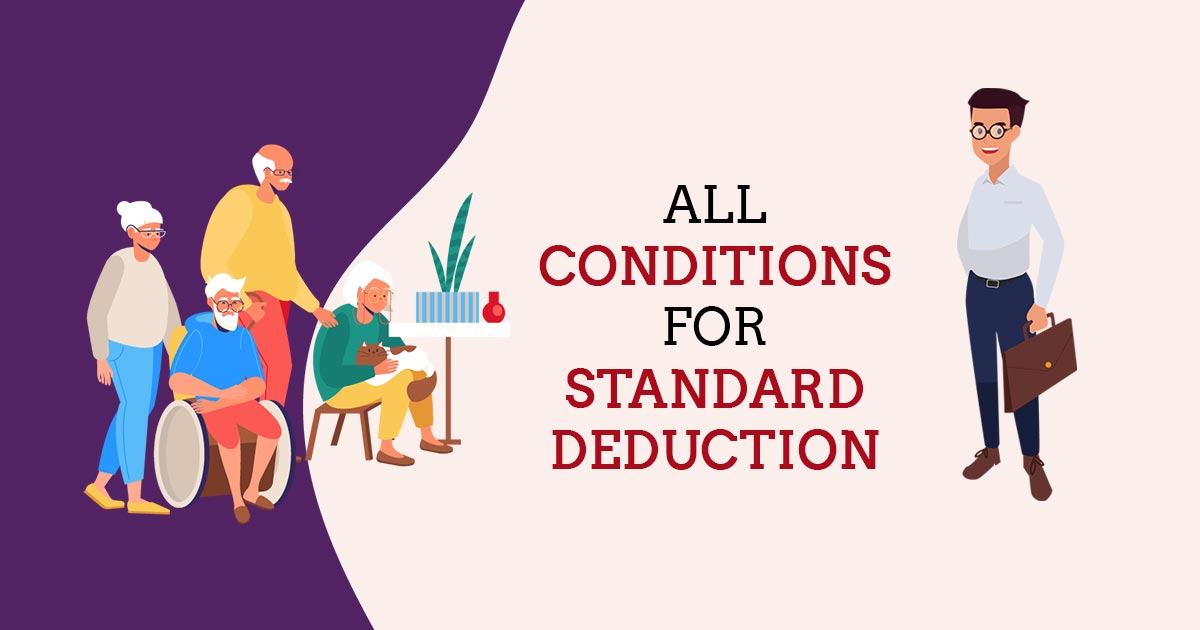
What is a Standard Deduction?
In India, the standard deduction was first used in 1974. And then ultimately abandoned. It was reinstated in the Union Budget of 2018. Both pensioners and those on salaries can presently make use of it. Since it lowers their taxable income, it helps individuals to reduce their tax burden and save some bucks.
Now benefit of standard deduction under Salary Head for individual assessee is available as per the tax regime (in the new regime, Rs 75000/- while Rs 50,000/- in the old regime). Standard Deduction in family pension is available under the old regime is Rs 15000/-, while the same is Rs 25000/- in the new tax regime.
What Will Be The Standard Deduction In FY 2025–26?
All salaried people and receiver of family pension in India are eligible for the standard deduction. The amount of the standard deduction is Rs 50,000 or Rs 75000, respectively, for the Old and New tax regimes from salary income. Doesn’t matter the individual’s income level; more or less, they are eligible for this deduction. Standard deduction for family pension is Rs 15000 and Rs 25000 in the Old tax regime and New tax regime, respectively, from family pension.
Who is Eligible to Claim the Standard Deduction?
Those who get a salary or pension from the government, a commercial firm, or another employer are eligible to claim a standard deduction.
Which Person is Not Qualified for the Standard Deduction?
The standard deduction is only available for salaried employees and pensioners of the Government and private sector. This does not apply to self-employed persons such as freelancers. However, the government has other tax benefits for them. There are some conditions where senior citizens and individuals can avail and cannot claim the standard deduction.









Please update it for 2024
This lists 2022-23. Helpful – but not really.
Thanks.
Google Search automatically pulled up your web page when I searched for yesterday’s details and that’s a good thing. However it has information on earlier years and you have updated it today Jul 24 2024. Kindly made updates. Shashi
Thanks, plz check post now.